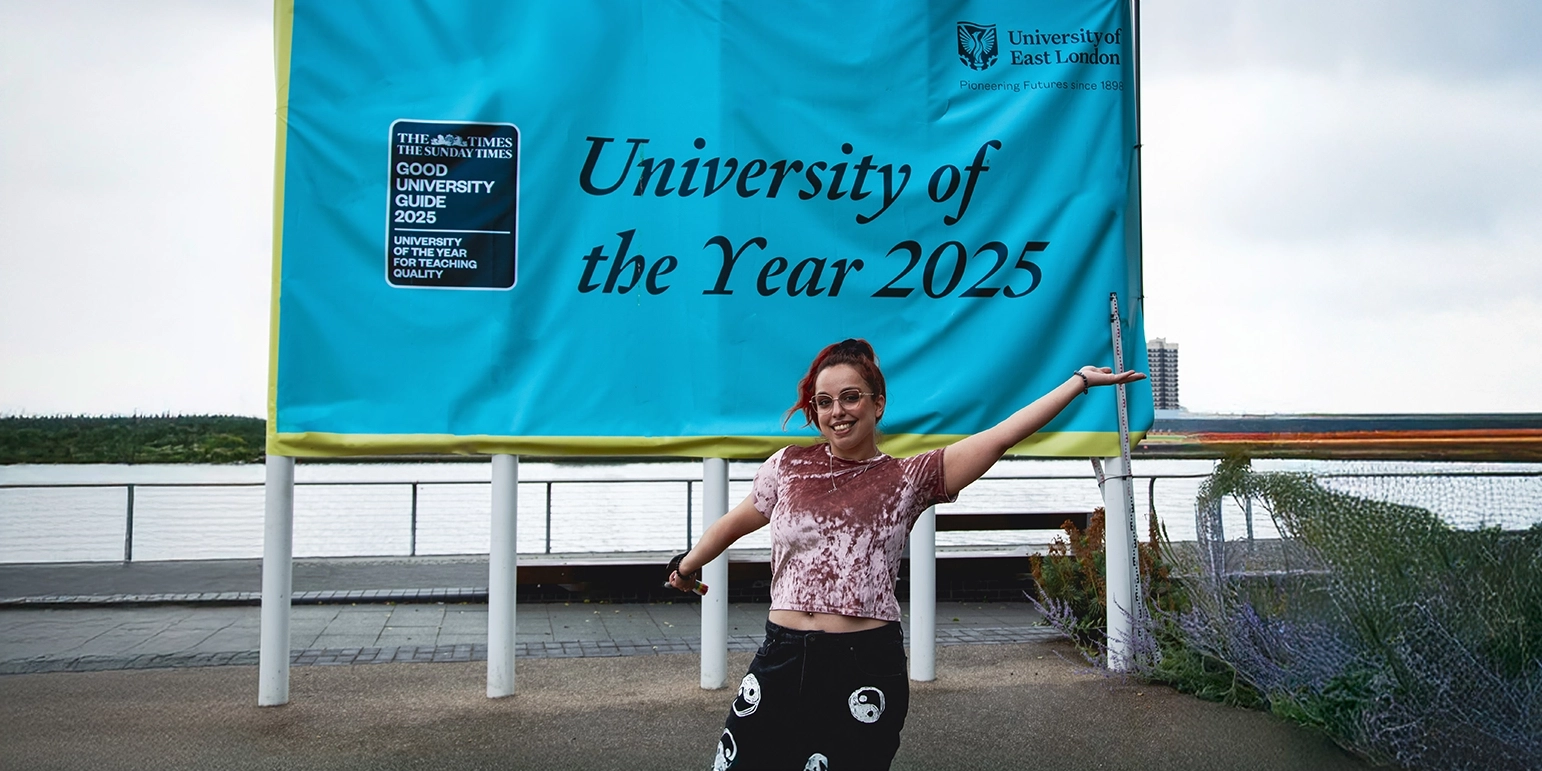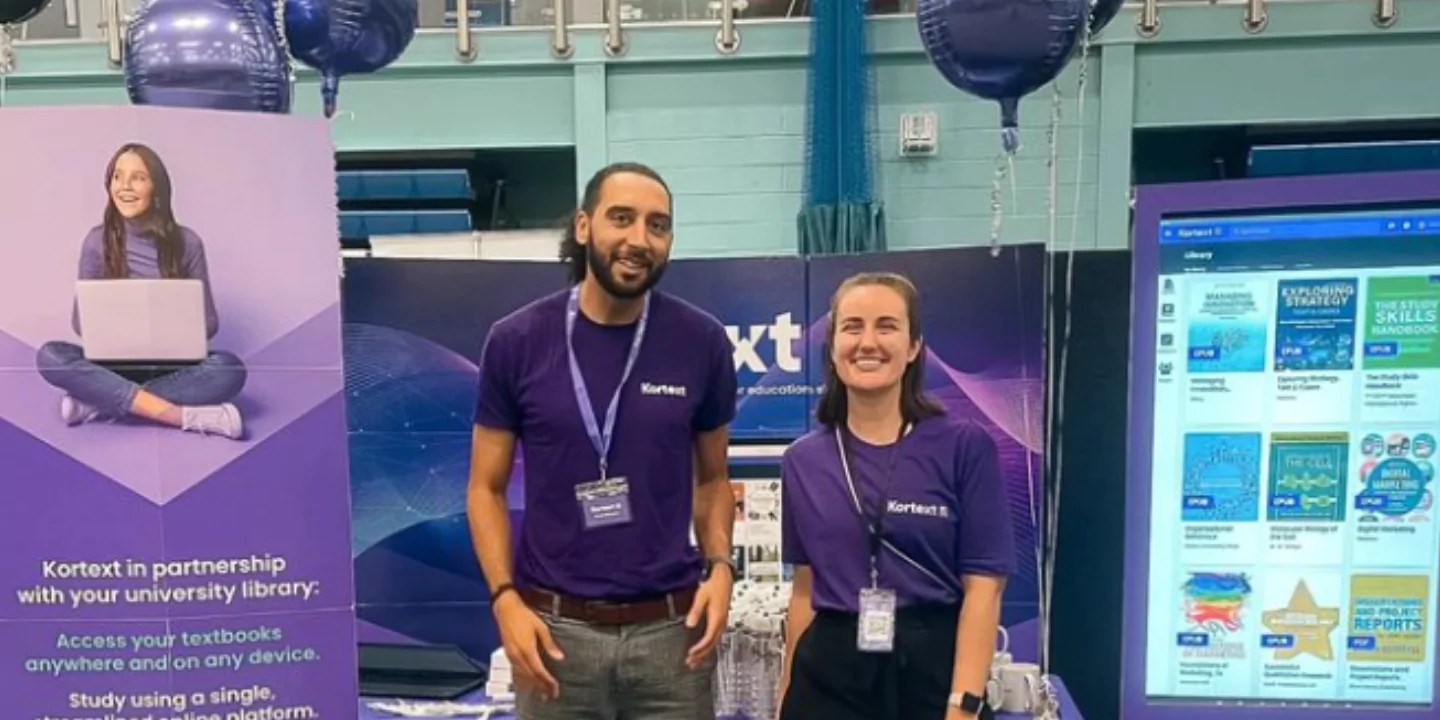A collaborative learning approach centred on students
Background
The University of Plymouth is renowned for offering excellent teaching methodologies that ensure each student’s personal development and employment success. Additionally, the institution focuses on hiring creative staff who work collaboratively with students and partners to deliver the best university experience possible. The University of Plymouth ranked second in the UK in the 2018 Times Higher Education Young University rankings.
The University of Plymouth partnered with Kortext in a move towards a more collaborative learning environment. The main goals going into the project were focused around recruitment, retention and progression.
A survey by the Student Union in 2018 identified that the cost of books was the second biggest concern of students going to university. Another survey found that students wouldn’t have bought the books if they weren’t provided. Thus accessibility participation programmes and the need to start targeting particular demographic groups of students and closing the intake gap were strong driving forces behind Plymouth’s partnership with Kortext, as well as a shift towards virtual learning.
Jason Harper, University of Plymouth
Implementation
Academic staff at University of Plymouth completed training on how to use the Kortext platform and e-textbooks in order to effectively utilise the platform.
The University of Plymouth tracked engagement levels including number of pages read, highlights and notes, and set growth targets from data review including KPI targets around interaction with texts.
Jason Harper, Head of Library Digital Strategies, Research and Engagement at University of Plymouth, noted that through tracking engagement levels they found out that one size didn’t fit all.” So the university’s initial broad-based programme offer then “became more and more targeted towards those disciplines and programmes where it was much better embedded”.
Outcomes
When asked about the benefits of Kortext, student feedback particularly focused on the accessibility features within the platform itself and the ability to use the titles offline as well as online via multiple devices. These features proved especially valuable for students on vocational courses, commuting students, placement students, international students studying from their home countries and students with disabilities.
When asked if they found that having access to these titles made it easier to read and study the books recommended for their module, students “overwhelmingly agreed.” The university also received higher rates of positive feedback from low income and BME students. Jason Harper noted that Plymouth’s partnership with Kortext was a strong marketing proposition for the university:
We found it very valuable to make the eTextbooks offer very explicit during our clearing around something that interested students.
Jason Harper further added that Kortext created a new and improved dynamic between academic and library staff through liaison about text selection on the programme;
There was more of a two way conversation going on about what titles they were selecting.”
The programme has also led to increased flexibility of academic staff, driven by student engagement data, on reflecting which titles to include on the course in order to tailorise and diversify programmes for optimal student outcomes.






